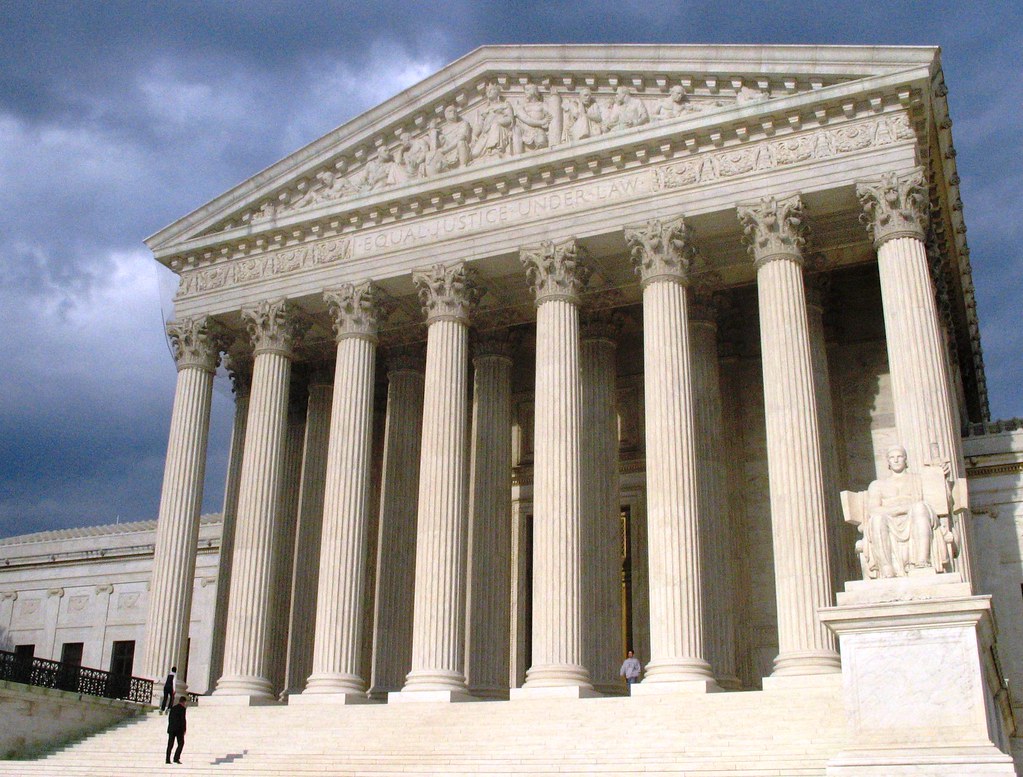Key Takeaways:
- A federal appeals court dismissed journalist Mario Guevara’s appeal against deportation.
- Guevara is an undocumented immigrant who believes he’s being targeted for his work.
- He said his news reports criticized the Trump administration’s immigration stance.
- The court ruled that immigration authorities followed proper legal steps.
- Guevara’s case is raising free speech concerns among press freedom advocates.
What Happened in Mario Guevara’s Deportation Case?
Mario Guevara, an undocumented immigrant and journalist, just lost an effort to stop his deportation. A federal appeals court recently ruled that Guevara didn’t provide enough evidence showing that immigration courts made a mistake in how they processed his case.
The ruling is a major setback for Guevara, who said he was singled out because of his work as a reporter. He had written articles that were critical of immigration actions by the Trump administration. Now, Guevara says he fears being sent back to his home country and losing his ability to work freely in the United States.
Why Is Mario Guevara Facing Deportation?
Guevara has been living in the U.S. for years without legal permission. Like many undocumented immigrants, he has always risked deportation. However, he believes the government targeted him for political reasons, specifically because of his journalism.
He reported on stories that didn’t paint the government’s immigration policies in a positive light. Guevara believes his reporting made him a focus for Immigration and Customs Enforcement (ICE).
Still, the court made it clear: their decision wasn’t based on the content of Guevara’s journalism. According to them, it came down to him not proving that immigration officials broke the law when ordering his removal.
The Role of Free Speech in the Case
This case has sparked interest from media and free-speech groups. Many are saying Guevara’s right to free speech may have been violated. After all, shouldn’t a journalist be able to question the government without fear of deportation?
Supporters of Guevara argue that the legal system is failing to protect a critical voice. They worry that his deportation would set a scary example for other immigrant journalists. Critics of the ruling say it sends a message—speak against the system, and you could be punished.
Even so, the court said there wasn’t enough proof that the deportation order was in revenge for his reporting. Instead, they say the case stuck to immigration law and followed usual procedures.
How Immigration Law Views This Kind of Case
U.S. immigration law is strict with undocumented immigrants, whether or not they’re journalists. If someone enters or stays in the country illegally, they can be deported unless they receive special protection under the law.
Guevara tried to claim that he deserved that protection due to the chilling effect of deporting a journalist. However, the court said First Amendment rights, like freedom of the press, don’t stop lawful deportation actions unless it’s clear they’re being used for punishment.
In short, the judges decided there were no errors in the immigration court’s process. Guevara’s visa status wasn’t in order, and that’s where the case ends in their eyes.
What Guevara Plans To Do Next
For now, Guevara hasn’t given up. He says he’ll continue fighting to stay in the U.S. and stand up for his First Amendment rights. He is exploring other legal paths, including possible appeals or requesting a stay on his deportation.
Support from other journalists and organizations continues to grow. Some believe political pressure may help change his fate. Others are calling for lawmakers to offer more protection for media workers who risk backlash for honest reporting.
The Bigger Picture for Immigrant Journalists
Guevara’s case has opened up a conversation. How safe are immigrant journalists who don’t have legal status? Can they report freely on the government without risking punishment?
More immigrant reporters are joining the industry every year. Some use their voices to highlight stories the mainstream media misses—stories about poverty, racial injustice, or flawed immigration laws.
But Mario Guevara’s situation is making many of them afraid. If his deportation moves forward, others like him may stop reporting out of fear for their own safety.
That kind of fear could silence important voices, and many journalists believe the country will be worse off because of it.
Is There Any Hope for Guevara?
Right now, Mario Guevara’s legal options are shrinking, but not gone. Some advocates suggest seeking special visas for journalists or whistleblowers. Others point to executive action—a future president might step in and stop the deportation.
Guevara is also hoping for broad support from human rights groups and news organizations. He believes that public attention could create enough pressure to force a change.
For now, though, Guevara remains in a legal maze, unsure of what will happen next. His case is a reminder of the challenges many immigrant workers, especially journalists, face in the United States.
Final Thoughts
Mario Guevara may not have won in court, but his fight is far from over. His case raises big questions about how the U.S. treats free speech—and the people who risk everything to speak out. As the debate continues, one thing is clear: this story matters far beyond one journalist’s fate.
FAQs
Why is Mario Guevara being deported?
Mario Guevara is being deported because he is in the U.S. without legal immigration status. The court said the law requires his removal, regardless of his work as a journalist.
Did the court consider his journalism?
Yes, Guevara claimed he was targeted because of his reporting. But the court decided that there wasn’t enough evidence to prove the government was punishing him for his journalism.
Can journalists be deported for their reporting?
In the U.S., freedom of the press is protected. But immigration laws still apply. Being a journalist does not provide protection from deportation if someone is here illegally.
What can Guevara do next?
Guevara can try to appeal again or seek asylum or visa protection. He might also gain support from public campaigns or lawmakers who can step in.

